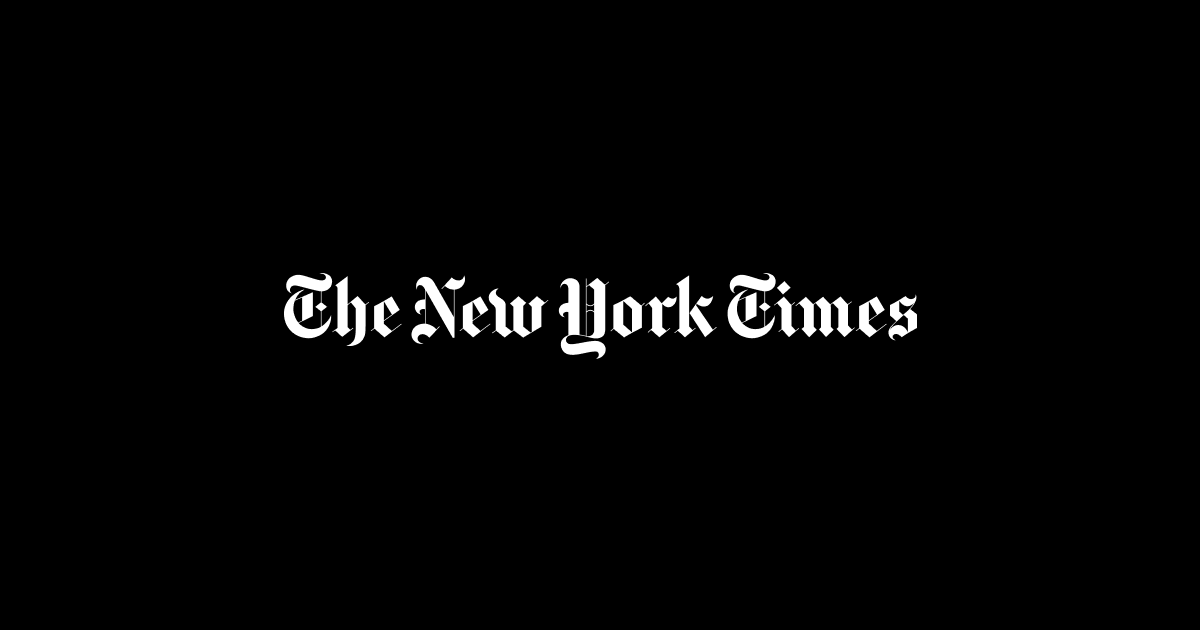Months of tinkering by Russia over the flow of natural gas to Germany and the rest of Europe could peak later this week, when a temporary shutdown of the Nord Stream 1 pipeline is expected to end.
Nord Stream 1, the main pipeline between Germany and Russia, is operated by Gazprom, the Russian state energy giant. Gazprom, which recently warned European buyers of its gas that it could cut flows, closed the pipeline on July 11 for annual maintenance. It is planned that Gazprom will restart the pipeline after about 10 days, as it has done for the past few years.
But this year, the shutdown has raised concerns that Russia’s President Vladimir V. Putin will keep the pipeline closed to punish Germany and the rest of Europe for opposing the war in Ukraine. Other pipelines, which run through Poland and Ukraine, are not being used as alternative connections to transport gas as in recent years during the temporary shutdown, the German pipeline regulator said.
Gazprom had already cut gas deliveries by 60 percent before the shutdown, blaming the absence of a turbine that had been sent to Canada for repair and could not be returned due to economic sanctions against sending technology to Russia. German officials disputed Gazprom’s claim.
The restriction on Russian gas since the start of the war has brought one of Germany’s largest energy suppliers to the brink of financial ruin. The company, Uniper, said Monday it had used up a 2 billion euro credit line from the German state investment bank and has applied for more money.
Uniper, Germany’s largest importer of Russian gas, has suffered daily losses of tens of millions of euros since Russia cut off gas to Germany last month, forcing it to buy gas from other sources at much higher prices.

